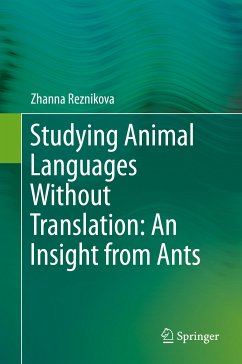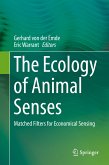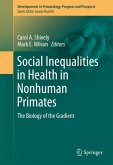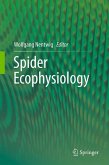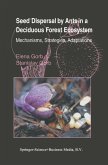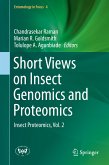Animals' communication systems and cognitive abilities have long-since been a topic of particular interest to biologists, psychologists, linguists, and many others, including researchers in the fields of robotics and artificial intelligence. The main difficulties in the analysis of animal language have to date been predominantly methodological in nature. Addressing this perennial problem, the elaborated experimental paradigm presented here has been applied to ants, and can be extended to other social species of animals that have the need to memorize and relay complex "messages". Accordingly, the method opens exciting new dimensions in the study of natural communications in the wild.
Dieser Download kann aus rechtlichen Gründen nur mit Rechnungsadresse in A, B, BG, CY, CZ, D, DK, EW, E, FIN, F, GR, HR, H, IRL, I, LT, L, LR, M, NL, PL, P, R, S, SLO, SK ausgeliefert werden.

